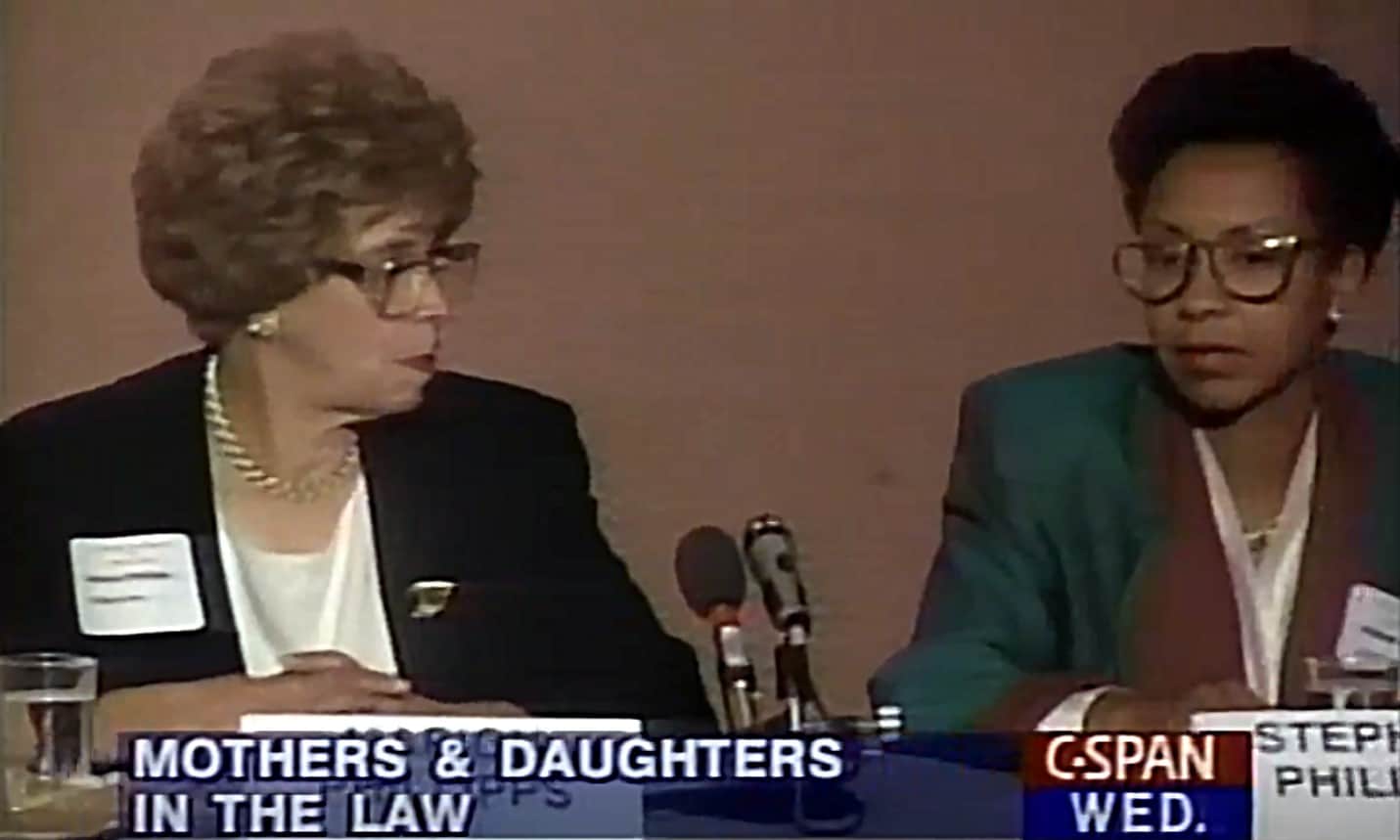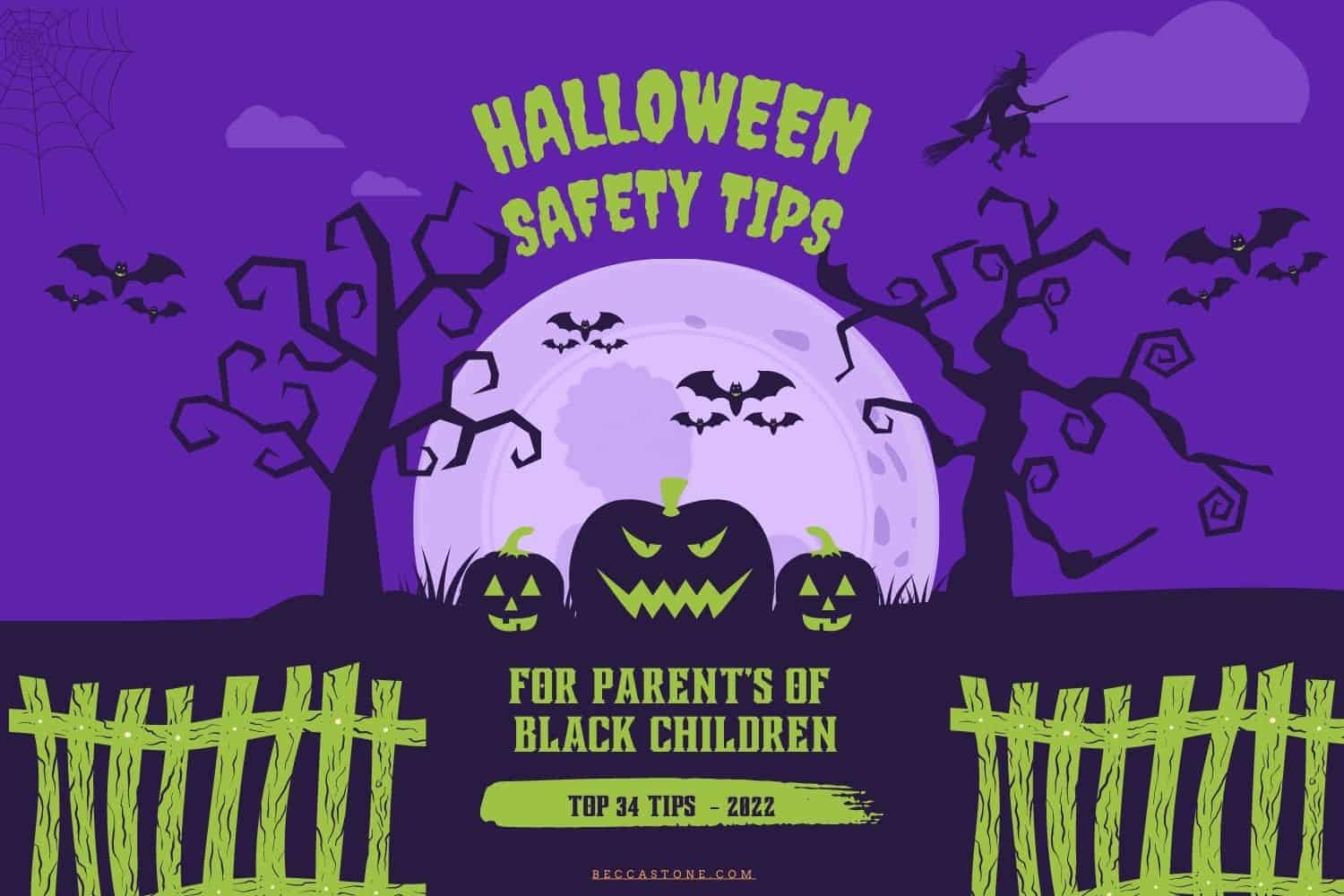 Dr. Bethanne Moore sits down with Beccastone to discuss mental health issues for children in the Black community.
Dr. Bethanne Moore sits down with Beccastone to discuss mental health issues for children in the Black community.
Beccastone: Do you find that there is a reluctance in the Black community to acknowledge and seek help for mental health problems?
Dr. Bethanne Moore: In some ways people are becoming more accepting of the whole issue of mental health because more celebrities and athletes are talking openly about seeking help for problems like depression, substance abuse, or other problems. Slowly attitudes are changing as people see that getting outside help to deal with certain problems and prevent their recurrence is not a sign of weakness.
BS: What are the most common problems in children you are seeing in your practice today?
DBM: The most common symptoms are those of Attention Deficit Disorder (ADD) and Attention Deficit Hyperactivity Disorder (ADHD). These symptoms include inattention, poor concentration, forgetfulness, easy distractability, impulsiveness, risk-taking behavior, hyperactivity, inability to complete tasks, and interrupting others. Many parents in the Black community think symptoms of ADD and ADHD are something kids can control and will just “get over” on their own. Contrarily, these disorders are a biological problem that can be overcome with medication. Medication can improve productivity and change the way the child performs in school.
It is also common to see Mood Disorders, including depression, where children develop sadness, tearfulness, irritability, poor concentration and mood fluctuations. Parents also think these symptoms are behavioral issues. But this too can be biological and best addressed through medication. Parents should not ignore a child who exhibits signs of depression because depression can lead to self-endangering behavior, including suicide.
BS: What warning signs should alert a parent to a child’s possible mental health problems?
DBM: The key is to observe how a child is functioning in his or her world and to note any unusual or unexplained changes, such as inability to sleep or sleeping for prolonged periods of time. If a child is withdrawn or not active socially and has a sense of worthlessness, these are red flags. Other warning signs are if a child previously engaged in school starts skipping classes, missing school, or refusing to attend school. A parent should be alert if a child loses interest in pleasurable and fun activities or sports that he or she was previously involved in.
Changes in a child’s Internet activities can also be a warning sign. Children and adolescents often give clues to their moods on social media sites. This may include announcing plans to run away, plans for self-mutilation, plans for suicide or drug and alcohol use. Parents should become familiar with members of their child’s peer group. I advise parents to ask questions to find out whom their kids are hanging out with and what interests and activities those friends have. When children and adolescents change their peer group, this may also be a warning sign for a Mood Disorder or Substance Abuse.
If a parent is concerned about a child’s behavior, it makes sense to check with the child’s teacher to see if the teacher has noticed anything unusual going on in the classroom or at school. If there are problems at school, I suggest that parents consult with a mental health professional. The mental health care provider may evaluate the child and give suggestions to the family for treatment. If it is necessary to intervene with school problems, the mental health provider may serve as the child’s advocate. Frequently, schools are more accepting of professional opinions and recommendations to improve a child’s or adolescent’s school functioning.
BS: How do you find a mental health professional to see your child?
DBM: A child’s pediatrician is one of the best sources for referrals and advice. Your child’s school may also be a source for referrals. In addition, pastors or ministers may offer referrals. Also Community Health Centers often have mental health professionals on staff. It takes a special set of skills to talk to children and adolescents so a parent should try to find a professional who specializes in helping patients in the same age range as their child. Once you identify a professional, parents should ask about their experience and their approach — i.e., how they propose to work with the child, what types of strategies or interventions they might recommend, and how they will decide how long the therapy should continue.
BS: If the school recommends that a child see a mental health professional, what questions should a parent ask?
DBM: A parent should schedule a meeting with the school and ask for specific examples of problems or behavior that the child displays in school. The parent should understand why the behavior led to the school’s concern about consulting a mental health professional.
BS: How can a parent be helpful to a mental health professional who is evaluating their child?
DBM: Most professionals will want to meet with parents for at least one session or perhaps more. Parents should try to be available to the professional and provide the information requested. One cautionary note for parents is that children have confidentiality rights, and although parents pay the bill for service, treatment providers are not obligated to inform parents about the content of discussions with their children.
Dr. Moore is a graduate of Yale Medical School and a practicing child psychiatrist in Maryland.







Share your thoughts